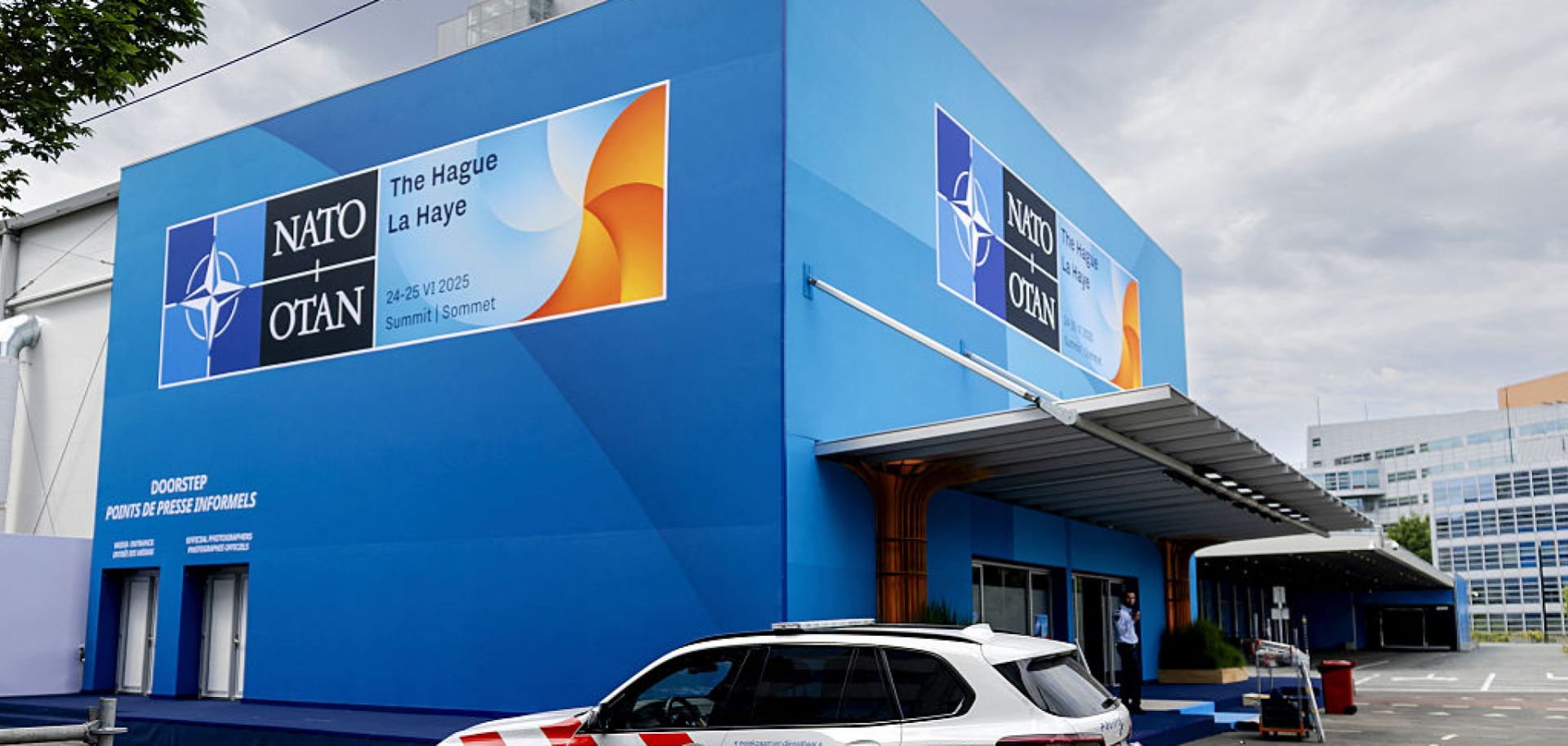The upcoming NATO summit will likely produce a political agreement on higher defense spending targets and underscore Europe's push to gradually assume more responsibility for its own defense, but structural and financial constraints could slow this transformation in the long run. NATO leaders will convene in The Hague, Netherlands, on June 24-25 for the alliance's annual summit. New NATO Secretary-General and former Dutch Prime Minister Mark Rutte will chair the summit for the first time, and U.S. President Donald Trump will attend for the first time since his reelection for a second term. The main item on the agenda will be Rutte's proposal to raise NATO's collective defense spending target from the current 2% of GDP to 5% of GDP by 2032, with 3.5% dedicated to core military budgets and 1.5% to be allocated to cybersecurity and other defense-related areas. Two other priority agenda items will be the escalating conflict...

